Simulator for training on the NH90 Sea Lion
Second full-mission simulator for naval aviators The NATO Support and Procurement Agency (NSPA) has ordered a second full-mission simulator (FMS) on behalf of the German Armed Forces to support training on the NH90 Sea Lion naval helicopter. The delivery contract from December 2019 has thus been extended. At that time, the development and delivery of a simulator landscape consisting of an NH90 full-mission simulator, NH90 cockpit procedures trainer, NH90 tactics trainer and NH90 winch and hoist operator trainer had been agreed. (ESuT reported https://esut.de/) The training system is scheduled to go into operation in 2022. The additional simulator that has now been ordered will supplement the existing equipment from 2024. CAE has long been a training partner of the German Navy and has supplied training equipment for the search and rescue helicopter...
Weiterlesen

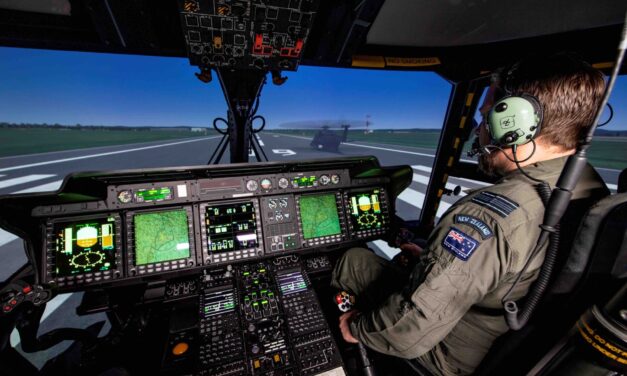
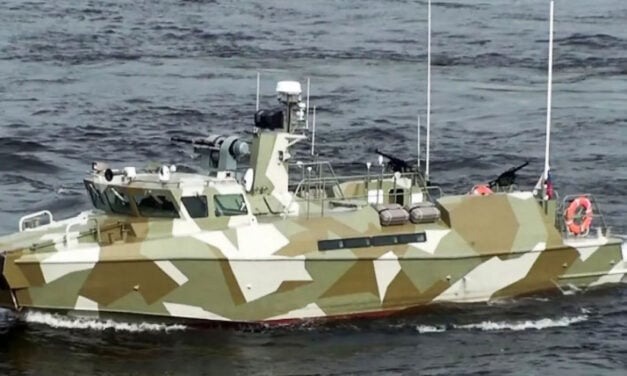
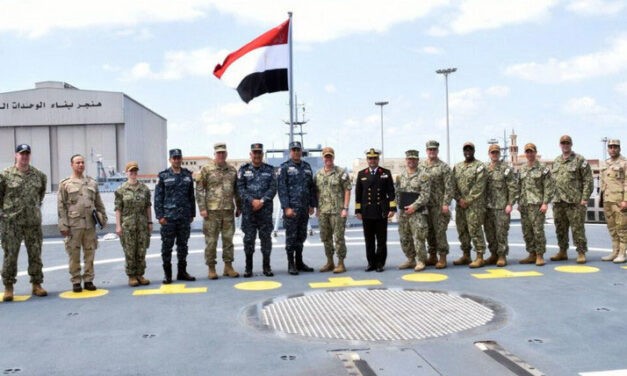
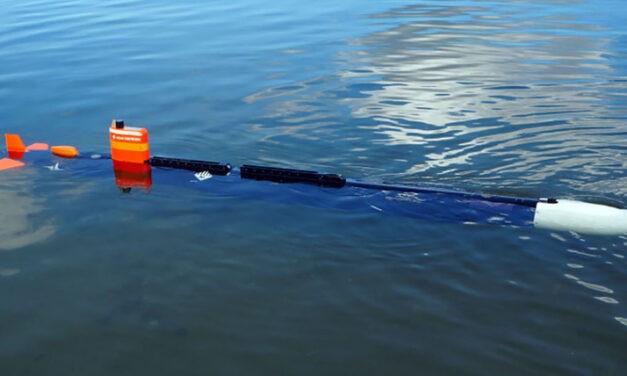
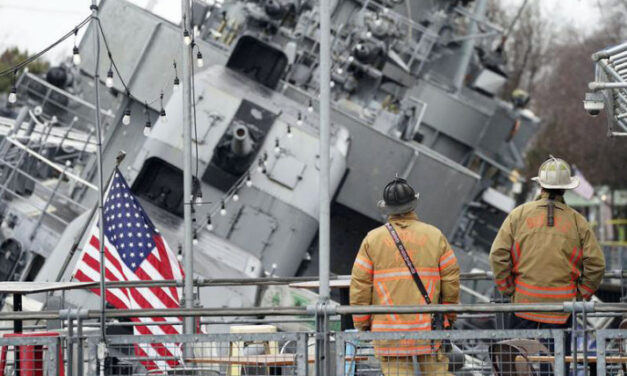
Latest comments